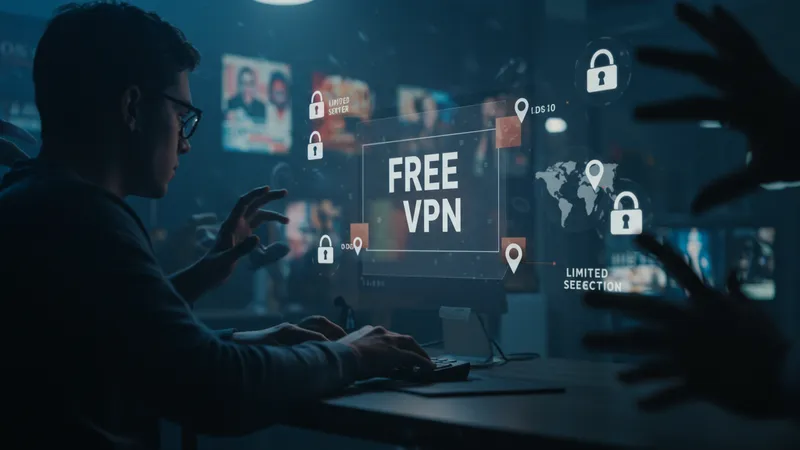
Best VPN Services For Privacy And Security In South Asia
The Reality of Free VPNs: Are You Paying in Data?
Free VPNs often entice new users with the promise of cost-free security, but the reality is that nothing is truly free. Providers must support their services financially, typically by collecting and selling user data or bombarding users with advertisements. This creates an ironic situation where the tool intended to protect privacy may actually compromise it.

Furthermore, free services come with several functional restrictions, such as limited data caps and fewer server locations. This can make them unsuitable for tasks requiring reliable, high-speed connections, such as streaming or large downloads. Such limitations directly impact the overall user experience, making them less viable for long-term protection.
Security protocols used by free VPNs might also be less robust compared to their paid counterparts. Inadequate encryption can leave users vulnerable to cyber threats rather than shielded from them. It’s crucial that users question the trustworthiness and capability of free offerings before committing to them.
The intricate balance between cost and security poses numerous questions and challenges for users. How do they discern trustworthy free services from those looking to profit deceitfully? The answers could redefine expectations around free VPNs.





